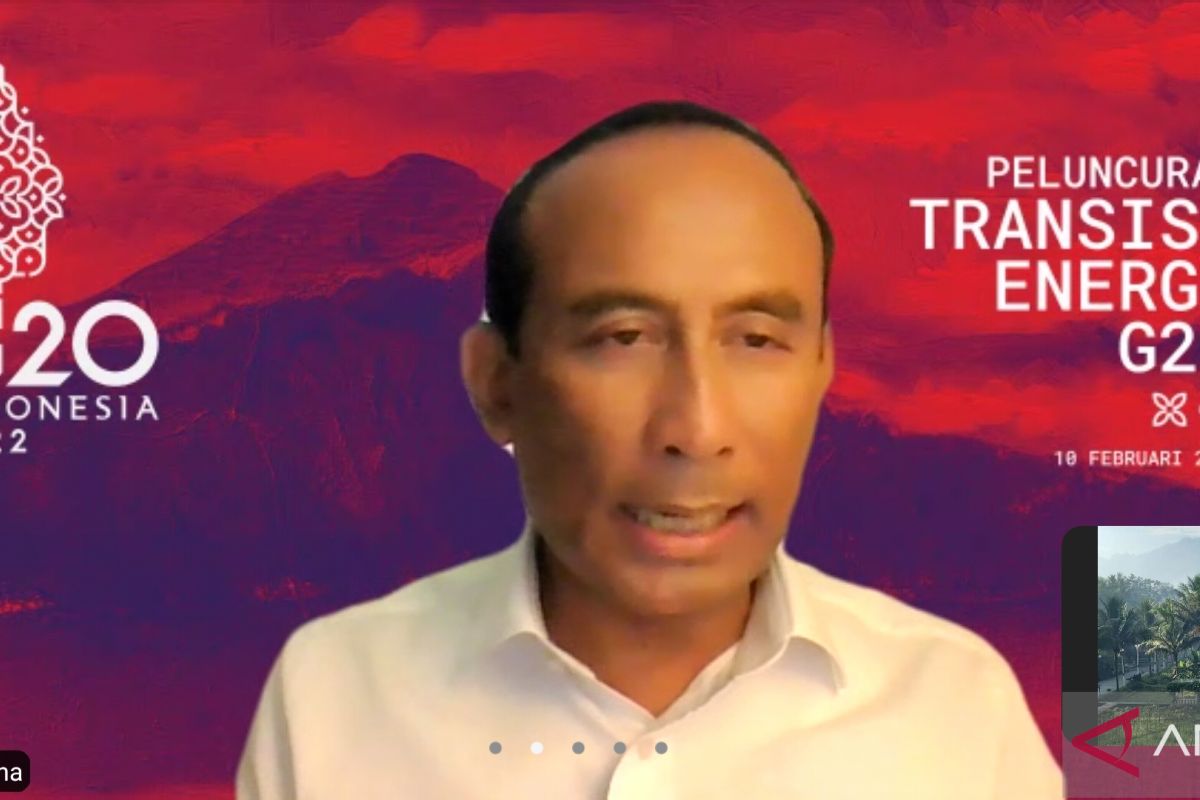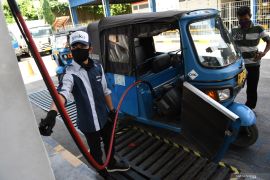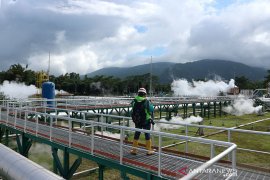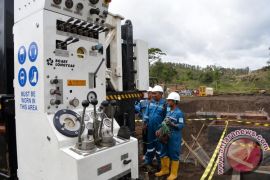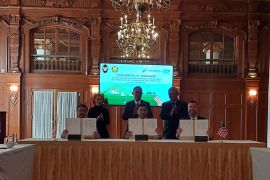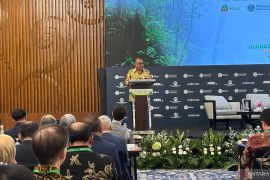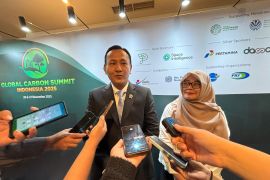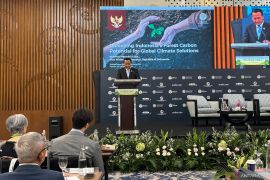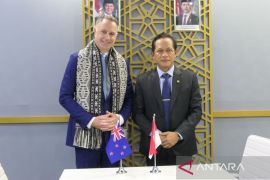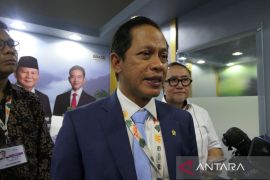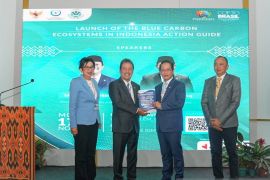Indonesia chose not to phase out fossil energy by implementing clean technologyJakarta (ANTARA) - The National Energy Council (DEN) has said that the low-carbon energy transition strategy in Indonesia will not involve abandoning fossil energy, but instead utilizing technology to make fossil energy more environmentally friendly.
"Indonesia chose not to phase out fossil energy by implementing clean technology," DEN member Satya Widya Yudha said at an online Indef public discussion on ‘The Economy of Coal Gasification’ on Thursday.
At the G20 energy transition working group forum held in Yogyakarta at the end of March 2022, Indonesia expressed its decision to not abandon fossil energy, which was almost in line with several fossil-producing countries, including Saudi Arabia.
Indonesia is now trying to use clean technology for utilizing fossil energy, both coal and oil, so it will be necessary to apply technology in the form of CCS/CCUS (carbon capture and storage/carbon capture, utilization, and storage).
Related news: Ministry selects Waskita Karya to build natural gas network package
Yudha revealed that the economic value of CCS/CCUS is still relatively high because the technology is still somewhat new.
The total carbon dioxide emissions in Indonesia have been pegged at 1.2 gigatons, of which 35 percent are contributed by Steam Power Plants (PLTUs) that use coal.
CCUS technology can reduce carbon emissions released into the atmosphere through the use of carbon emissions technology for algae production and Enhanced Oil Recovery (EOR).
Based on a 2015 study by PLN and the World Bank, the development of CCUS is technically feasible in Indonesia. The technology can significantly increase production costs but still compete with geothermal power plants, and requires incentives and policy support from the government.
According to Yudha, the addition of CCS technology to power plants can increase the cost of electricity production by US$3–4 US per kWh. Meanwhile, the use of a battery-based energy storage system or BESS can increase the cost of electricity production by US$6–7 US per kWh.
Related news: Indonesia to continue to use fossil fuels during energy transition
"This is just an illustration. CCS technology will be cheaper in the future. Currently, it is still in the range of US$100 per ton, but several studies in the United States want to emphasize up to US$40 per ton," he said.
By 2020, a total of 28 CCUS facilities were operational worldwide and only 9 units had a capacity above 1 million tons per year. The majority of large-scale CCUS projects (Shute Creek, Century, and Great Plains) use captured carbon dioxide for enhanced oil recovery in order to increase oil and gas production.
Currently, CCUS technology has been implemented in a number of oil and gas fields in Indonesia, including Gundih, Sukowati, Sakakemang, East Kalimantan, and Tangguh, using a profit-sharing mechanism charged to the state.
Related news: Energy transition program a step to enter green industry: Minister
"We hope that in the future, CCUS will be cheaper or more efficient so that it can be applied to all fossil fuels loaded with carbon dioxide," Yudha said.
Although the Indonesian government has firmly expressed its intention to continue to use coal as a domestic energy source, it is continuing to accelerate the development of new and renewable energy in the form of electric vehicles, battery systems, hydrogen, and dimethyl ether.
Yudha said the low-carbon energy transition strategy currently being implemented by the Indonesian government requires a smart grid and energy conservation while still emphasizing efficiency.
"If we can carry out a big scenario like this, then our goals for energy security and independence, sustainable development and low-carbon development, and climate resilience will be achieved," he remarked.
Related news: KSP oversees restoration of Cirebon mangrove, roadway for salt farmers
Related news: BNN thwarts smuggling of 255-kg meth packed as Chinese tea
Translator: Sugiharto P, Azis Kurmala
Editor: Fardah Assegaf
Copyright © ANTARA 2022
